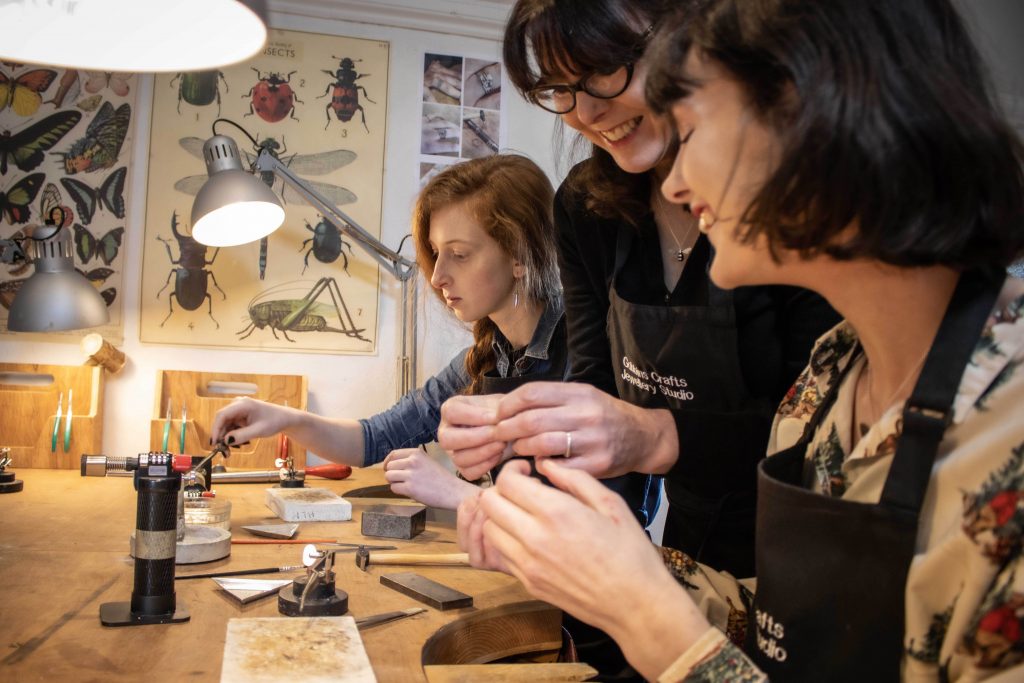Tourism NI recently held its first ever virtual Tourism Conference at Belfast’s ICC. Chief Executive John McGrillen outlines the main themes of the Tourism Recovery Action Plan, launched with the Department for the Economy, which was a key topic of the conference.
By John McGrillen, Chief Executive Tourism NI
We are now half way through 2021 and have spent the last sixteen months dealing with global events that have affected every facet of our lives.
Today with the successful roll out of the vaccine programme, the lifting of restrictions and the opening up of the Common Travel Area I am hopeful that by the end of 2022 the tourism industry in Northern Ireland could be back to 80% of the activity and employment levels of 2019 and see a full recovery by the end of 2024.
Since 2013 tourism has grown by 46% to achieve an unprecedented £1bn in revenue in 2019, of which £731m were export earnings.
The tourism, travel and hospitality sectors employed approximately 70,000 people in 2019, with 12,800 new jobs created since 2013. This was double the growth in jobs experienced in other sectors of the economy over the same period. These jobs were generated in every part of Northern Ireland with over two thirds of jobs located outside Belfast.
Tourism provides passengers for our public transport and supports sea and air routes; it generates revenue to support our culture and heritage assets and can contribute to the protection of our natural environment; it provides revenue for central and local government and promotes a positive image of Northern Ireland overseas, supporting foreign direct investment.
A wide range of tourism interventions have been introduced over the last sixteen months and in May the Tourism Recovery Steering Group, headed by former Economy Minister Diane Dodds, produced an Action Plan that resulted in more much needed and timely support.
The Plan has eight themes. Under Business Continuity a new KickStart programme will help businesses restructure, innovate and enhance their productivity. We will also support businesses to maintain and enhance their marketing activity to increase sales.
We will be providing support to councils to enhance visitor experiences and develop new offerings. There will be a particular focus on food and drink experiences as part of this approach. We will also support with market testing and feasibility studies for future projects, and we intend to continue with our abatement of accommodation certification charges until March 2022.
The second area, Creating Consumer Confidence, will see the continued roll out of the “We’re Good to Go” charter mark to allow the industry to demonstrate that safety is a priority, and that they are committed to the application of COVID safety guidelines.
The third theme, Stimulating Consumer Demand, will ensure that Tourism NI and Tourism Ireland are adequately resourced to generate demand. In the immediate term the focus will be on the domestic, GB and Republic of Ireland markets, with an extension of our cooperative marketing fund.
As an island destination, sea and air access are critical to the tourism infrastructure so Safeguarding Connectivity is the fourth theme, with an immediate priority to re-establish GB routes. I therefore welcome Economy Minister Paul Frew’s announcement of a £4.5million initiative to support air connectivity between Northern Ireland and GB which has also been warmly welcomed by the directors of our three airports.
The Action Plan also supports the industry’s request that the NI Executive continues to lobby for a suspension of short haul Air Passenger Duty (APD). APD has a disproportionate impact on Northern Ireland and has the potential to have a negative impact on recovery.
Enhancing the Competitiveness of the Region is the fifth theme and will highlight the investment required to provide greater access to our natural assets, while ensuring that they are managed sustainably for future generations.
The City and Growth Deals present a unique opportunity for major investment in tourism infrastructure and will build on the success of the Signature Projects a decade ago.
By Enhancing the Capability of Businesses, the next theme of the Action Plan, we intend to support with adopting digital technologies to improve business processes and productivity, bolster online presence and revolutionise access to digital marketing platforms.
Under the theme of Enhancing the Skills of the Workforce we will be working closely with colleagues in the Department of Communities through the JobStart Programme to create new jobs and match job opportunities to prospective young employees. Through the Hospitality and Tourism Skills (HATS) network we will seek to ensure that sector wide skills requirements and career progression paths are effectively communicated and supported.
The final theme of the Tourism Recovery Action Plan is Creating a Supportive Policy Environment and here we seek to develop a new tourism strategy to maximise Northern Ireland’s tourism potential with a unified focus on sustainability and regeneration. Working collaboratively to deliver more sustainable economic, social and environmental outcomes will be critical to ensuring Northern Ireland’s reputation as a world class tourism destination.
Successful delivery of the Action Plan will require us all to work together in partnership, from government departments and tourism agencies to local councils, representative bodies and most importantly the industry.
I am confident that the priorities within the Action Plan will support the recovery of our tourism industry to meet the needs of future visitors, create sustainable employment and make a positive contribution to local communities right across Northern Ireland





